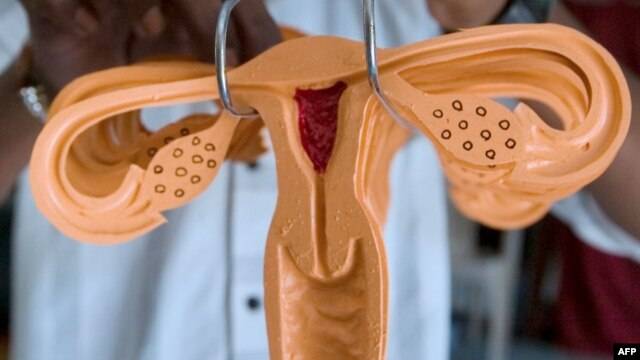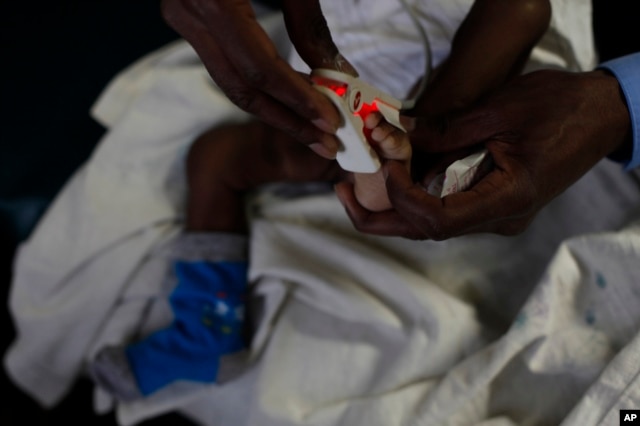i swear 27 yr olds gaming on the net all night....
Navigation
Install the app
How to install the app on iOS
Follow along with the video below to see how to install our site as a web app on your home screen.

Note: This feature currently requires accessing the site using the built-in Safari browser.
More options
You are using an out of date browser. It may not display this or other websites correctly.
You should upgrade or use an alternative browser.
You should upgrade or use an alternative browser.
Uterus
- Thread starter xotoxi
- Start date
- Thread starter
- #22
I hope xoxoxoxoxoxoxotoxi's next thread will be:
Liver~
Chianti and Fava Beans or Merlot and Asparagus?

I'd prefer chianti and merlot.
Leave that other shit to vegetableaters.
no one drinks merlot anymore....man shogun turned me on to some spanish wine that was kick ass and under a 20...
what you got against vegatables?
what you got against vegatables?
random3434
Senior Member
- Jun 29, 2008
- 25,899
- 7,790
- 48
no one drinks merlot anymore....man shogun turned me on to some spanish wine that was kick ass and under a 20...
what you got against vegatables?
Shogun turned you on? While you two were drinking wine? That's sexy, in a cougar kind of way bones!
- Thread starter
- #25
what you got against vegatables?
They don't taste like meat.
what you got against vegatables?
They don't taste like meat.
i know...i was a veggie for years...then i took a bite of my hubbys steak and ordered a vodka extra dry straight up...but i still like veggies...i even eat tofu
Transplanted uterus fails...
First Uterus Transplant in US Fails
March 09, 2016 - The United States' first uterus transplant has failed.
See also:
Study: New Treatment Cuts Malaria Infection Risk in Pregnant Women
March 09, 2016 - A new strategy to prevent malaria, a disease that puts newborns at risk of death, offers hope that expectant mothers in malaria-endemic countries in Africa will be able to deliver healthy babies. The risk of pregnant women becoming infected with malaria is very high in developing African countries. Researchers say 60 percent of women who showed up to be recruited for a prevention study had evidence of the parasite.
First Uterus Transplant in US Fails
March 09, 2016 - The United States' first uterus transplant has failed.
Doctors at the Cleveland Clinic in Ohio said Wednesday the 26-year-old patient developed a "sudden complication" and the transplanted organ had to be removed. Doctors gave no additional information on the condition itself. They said there is always a risk in organ transplants, and that they took all necessary precautions and measures to ensure patient safety.

A life-sized rubber model of a uterus is used as a health educational tool at a workshop in India, Nov. 6, 2008. The first uterus transplant at a U.S. hospital failed due to a “sudden complication.”
The patient, who is only identified as Lindsey, says she is doing "OK" and thanked her medical team for putting her health and safety first. She was given the uterus from a deceased donor Feb. 24.
Despite Wednesday's developments, the Cleveland Clinic says the study is still ongoing "with a commitment to the advancement of medical research to provide an additional option for women and their families." The study is to involve 10 women who have problems conceiving a child. The procedure has been successful in Sweden with five healthy births from nine transplants.
First Uterus Transplant in US Fails
See also:
Study: New Treatment Cuts Malaria Infection Risk in Pregnant Women
March 09, 2016 - A new strategy to prevent malaria, a disease that puts newborns at risk of death, offers hope that expectant mothers in malaria-endemic countries in Africa will be able to deliver healthy babies. The risk of pregnant women becoming infected with malaria is very high in developing African countries. Researchers say 60 percent of women who showed up to be recruited for a prevention study had evidence of the parasite.
Malaria is responsible for more than 100,000 newborns death in sub-Saharan Africa each year. The disease can also cause infants to be born prematurely or at low birth weight, both of which are risk factors for newborn mortality. So pregnant women in malaria-endemic regions are urged to sleep under insecticide-treated bed nets. Many also receive the inexpensive drug combination sulfadoxine–pyrimethamine, recommended by the World Health Organization to protect them against malaria.

Women hold mosquito nets after receiving them at a distribution point in Sesheke, Zambia.
That was once the standard treatment for the disease, but the malaria parasite has become largely resistant to those drugs, according to Grant Dorsey, an infectious-disease specialist at the University of California-San Francisco. “We abandoned it over a decade ago for treatment because of resistance," Dorsey said. "However, we are still using it to prevent malaria in pregnant women. So that was the kind of rationale behind our study — this drug currently being recommended to prevent malaria in pregnancy may not be working.” Researchers have been experimenting with an artemisinin-based therapy, called dihydroartemisinin–piperaquine. In a study published in the New England Journal of Medicine, Dorsey and colleagues reported that treatment with the drug combination dramatically reduced the risk of malaria in a group of 300 Ugandan women, none of whom was infected when the study began.
Some women were given three doses over the course of their pregnancies, others received it monthly, and a third group got the standard treatment. In the first group, Dorsey said, the risk of being infected with malaria was reduced to 17 percent, and for those who got the drug each month, the risk fell to 5 percent. These figures contrasted with the risk for women in the third group, which was 40 percent. Dorsey found the results encouraging. "I think that this is a very exciting area, and if things play out as it looks, this could lead to a change in policy and really improve outcomes for women,” he said.

A doctor puts a heart monitor on the foot of a baby who is suffering from severe malaria in the Siaya hospital in western Kenya.
But there are drawbacks. Dorsey said the artemisinin drug combination is more expensive and must be given more frequently than the usual preventive medication. The World Health Organization has requested larger studies looking at the effectiveness of dihydroartemisinin–piperaquine before recommending it to prevent malaria in pregnant women.
Study: New Treatment Cuts Malaria Infection Risk in Pregnant Women
Last edited:
Similar threads
- Replies
- 23
- Views
- 336
- Poll
- Replies
- 17
- Views
- 528
- Replies
- 20
- Views
- 408
Latest Discussions
- Replies
- 16
- Views
- 34
- Replies
- 205
- Views
- 842
- Replies
- 2
- Views
- 9
- Replies
- 166
- Views
- 530
- Replies
- 0
- Views
- 1
Forum List
-
-
-
-
-
Political Satire 8018
-
-
-
-
-
-
-
-
-
-
-
-
-
-
-
-
-
-
-
ObamaCare 781
-
-
-
-
-
-
-
-
-
-
-
Member Usernotes 466
-
-
-
-
-
-
-
-
-
-
